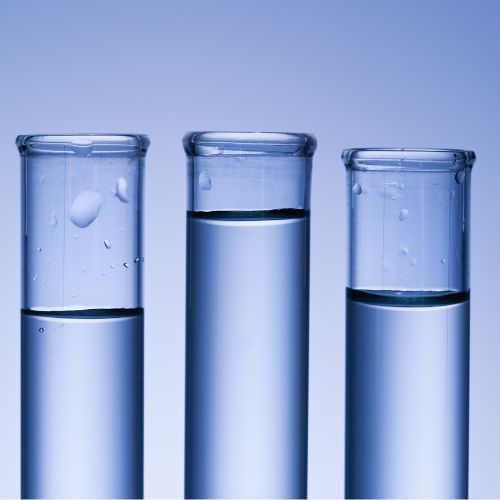Purified water is vital in the health and medical field too, as it is needed for many applications, such as dialysis systems, pharmaceutical grade water, injectable grade water and general nutrition purified water. Wastewater treatment in the cosmetics and medical industry brings concerns to companies and care providers. Large amounts of wastewater are contaminated by dye, surfactants, oils, emulsions and high COD concentrations, foaming excessively at times. Integrated processes are used for biological wastewater treatment, which can reduce cost by recycling the water and reducing the amount of wastewater, thus saving sewage charges.






